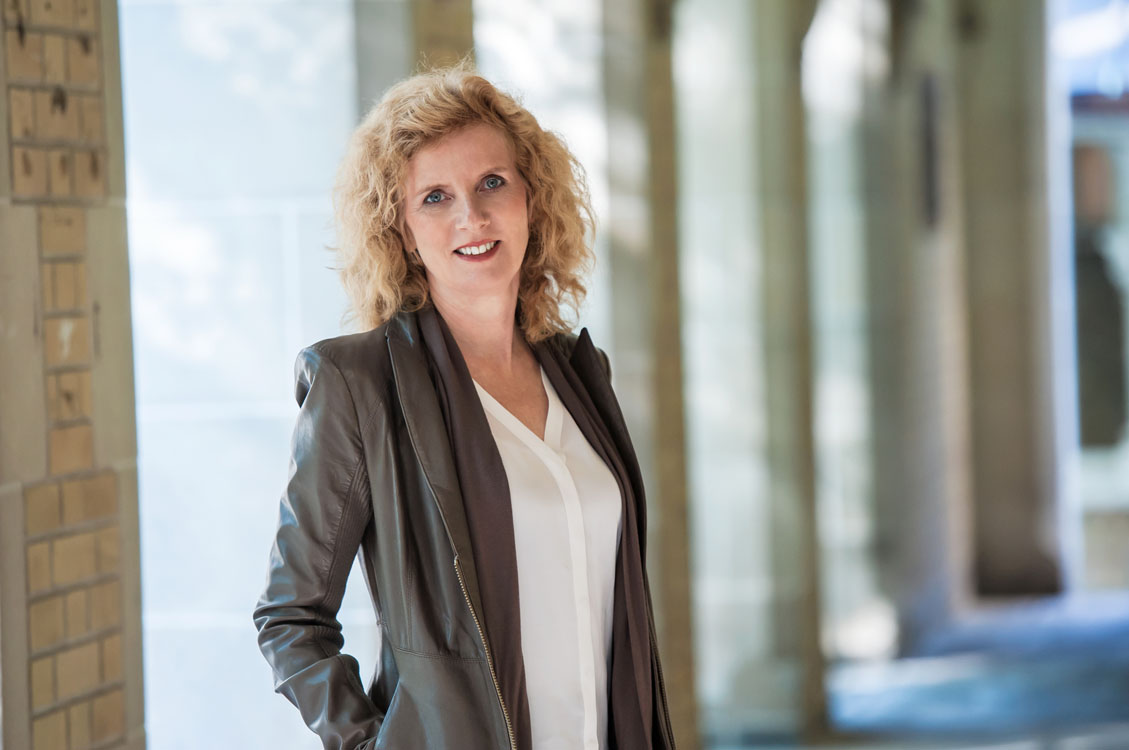On February 27 2014, over 6000 CUPE 3902 members representing teaching assistants and course instructors at University of Toronto, walked off the job. The Administration, publicly represented by Dr. Cheryl Regehr — Vice President and Provost, as well as former Dean of the Faculty of Social Work — has openly expressed her disapproval of the strike while urging CUPE members to accept an exploitative deal that forces employees to live below the poverty line. While such a position may be congruent with Dr. Regehr’s role as an administrator, it is in direct conflict with her professional role as a social worker, and as a current social work professor.
Yes indeed, Dr. Regehr is a social worker by training. Her research has been influential in the field for many years. From intervention-based meta-analyses on stress reduction and students’ mental health, to domestic violence, trauma, ethics, elder abuse and child welfare, Dr. Regehr’s contributions, 114 peer-reviewed articles to be exact, gained her prominence as a social work educator and researcher. Not that long ago, she examined trends in higher education in Canada, chronicling the challenges for social work pedagogy. Yet these challenges still hang around the field.
In an interview conducted by Zane Schwartz and published by The Varsity in September 2013, Dr. Regehr openly stated that she feels hopeful about her ability to work with the graduate students’ union and foster collaborative relationships. Two years in office and Dr. Regehr has forgotten what collaborative partnerships are all about. She systematically failed to negotiate with CUPE 3902 Bargaining Team for almost one year (members have been working without a signed agreement since April 2014).
Then Dr. Regehr sped up negotiations in light of the possible strike (February 2015), and put forward an agreement that failed to address any of the CUPE membership’s core concerns. While the proposed agreement would have modestly increased members’ hourly wages and would have generally provided a little bit more money for the overly competitive and difficult to access Assistance Tuition Funds, it would have ignored members’ minimum funding packages — the only guarantee of lifting thousands out of poverty, clearly dismissing the Bargaining Team’s number one priority. We are now entering the third week of the strike and Dr. Regehr refuses to come back to the table with an acceptable deal.
Dr. Regehr’s proposed band-aid agreement might make sense within the profit-orientated business realm, but flies in the face of social work values. The social work profession is not about business, but rather about values. About principles and ethics grounded within notions of justice, welfare, equity and equality. These are clearly outlined by the Canadian Social Work Code of Ethics that Dr. Regehr has surely signed. It is this very same Code of Ethics that outlines the profession’s dedication “to the welfare and self-realization of all people…and the achievement of social justice for all” while focusing on the “needs and empowerment of people who are vulnerable, oppressed, and/or living in poverty.” Clearly, based on Dr. Regehr’s current statements, she is installing a legacy of acquiescing and refuting such ethics as the status quo.
Why is Dr. Regehr choosing to ignore the needs of over 6000 student workers living in poverty? And what is just and equitable about graduate students living $7000 below Stats Canada’s low-income cut off?
Dr. Cheryl Regehr’s own Faculty — Factor Inwentash Faculty of Social Work (FIFSW), named after the CEO of Pinetree Capital Sheldon Inwentash — has been tacitly supporting her position throughout the strike. Ironically, FIFSW has a world-class research reputation centered around the faculty’s mission to “address social inequities at local, national and global levels.” Some of Canada’s most prominent income inequality research has come out of these walls.
Yet the current local inequity, like the one that forced the ongoing strike at U of T, remains unaddressed. Over the last two weeks, 24 departments at University of Toronto — equal to the number of FIFSW faculty on the sunshine list — have put forward solidarity statements supporting the CUPE 3902 strike, arguing for an equitable employment environment and fairer working conditions for their course instructors and teaching assistants.
Yet most of these departments do not have an explicit social justice mandate in their curriculum, like the one that FIFSW proudly publicizes. In the face of poverty and precarity, social work demands solidarity and action, not silence and tacit compliance with Dr. Regehr’s administrative goals.
Image: utoronto.ca



